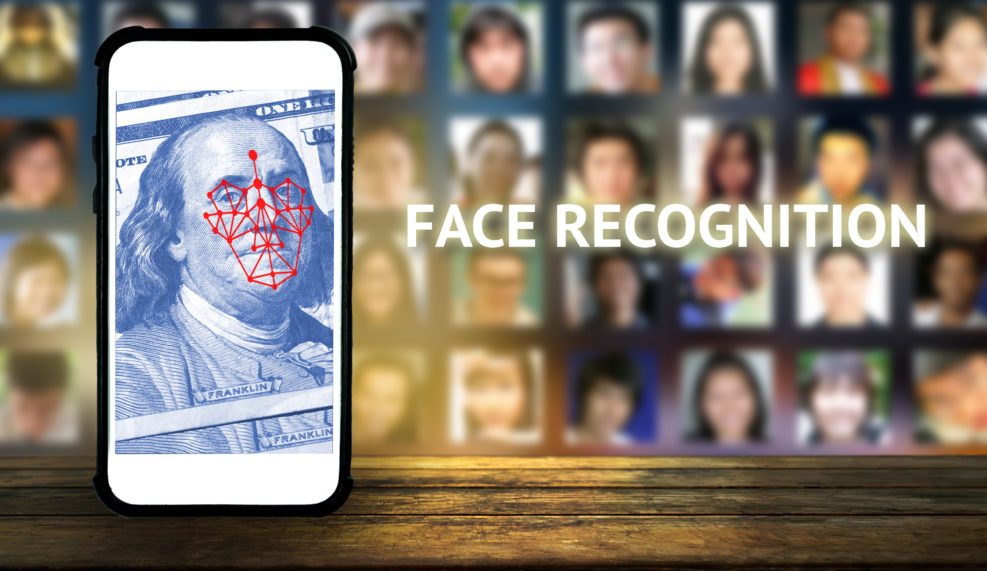
Business Prof: We Live in an Era of Unprecedented Abundance
If we’re not making good use of it or it’s not fairly distributed, those are different problemsAt COSM 2021, business studies prof Jay Richards of the Catholic University of America spoke with Gale Pooley, also a business studies prof at Brigham Young University-Hawaii, on a fact we don’t hear much about in popular media focused on current events: Increasing knowledge and the subsequent dropping over of time prices have ushered in a vast improvement in standards of living. Many will ask, what about rising prices? Well, for example, we must compare rising prices due to various global events today to what things cost in the past: At COSM 2021, Pooley focused on the fact that, in real-world economics, the value of our time is the most critical factor we need to figure in: Brigham Young University Read More ›


















